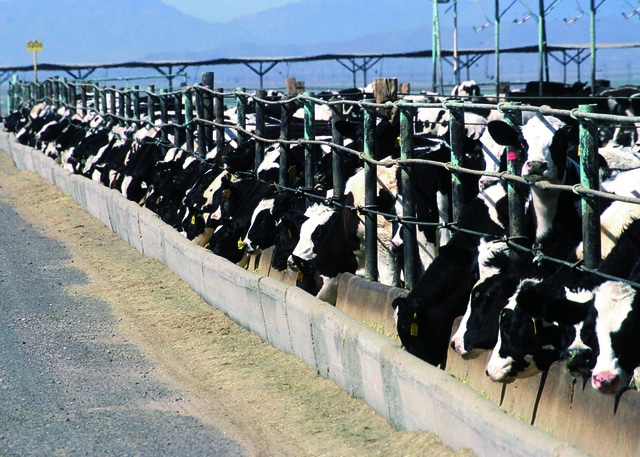
The Farm Reform Act of 2019, intended to reform U.S. agriculture, has been introduced by failed presidential hopeful Sen. Cory Booker, D-NJ. Some call it a Trojan Horse.
Environmental advocacy group Food and Water Action declared Sen. Booker had introduced “critical” legislation. Sen. Booker claims his bill will “…strengthen the Packers and Stockyards Act to crack down on monopolistic practices of multi-meat packers and corporate integrators, place a moratorium on large industrial animal operations, sometimes referred to as concentrated animal feeding operations (CAFOs), and restore mandatory country-of-origin labeling requirements.”
The New Jersey director of Food and Water Action says, “Small policy changes are not enough to reverse years of factory farm policy. It is time for a bold and sweeping solution like Senator Booker’s bill.” Sen. Booker, without any support from any midwestern state, says he would declare:
an immediate moratorium on new and expanding CAFOs;
phase out by 2040 the largest CAFOs;
provide a voluntary buyout for farmers who want to stop operating their current CAFO;
provide protection to all contract farmers from retaliation; and
stop USDA from allowing foreign imported meat to be labeled as a “product of the USA”.
The Senator also wants to put tens of billions of dollars into USDA conservation programs. He believes strongly his conservation programs with billions of tax dollars will “…empower family farmers and ranchers to be part of the solution to climate change.”
In addition, Sen. Booker wants to reform the EQIP program by providing federal costs-grants for more “environmentally-beneficial” conservation practices on farmland. Sen. Booker’s proposed bill would create a new regulatory program which he claims would level the playing field for all in agriculture.
It should be noted that Sen. Booker is the only vegan in the U.S. Senate. He began a campaign for President last February but dropped out nearly a year later. One other colleague still running for President, Congresswoman Tulsi Gabbard, D-HI, is also a vegan.
What Sen. Booker wants to do is end CAFO operations which raise over 99% of our poultry, 99% of turkeys, 98% of hogs, and 70% of dairy cows.
A lecturer at Yale Law School claims that battery cages for chickens, veal crates, and gestation crates have negative ramifications for the welfare of animals. Sen. Booker’s bill, which he introduced during his Presidential campaign, is as one publication stated, “…part of a broader effort to connect the animal welfare, environmental, and workers’ rights movements in fighting against large-scale factory farming.”
It is clear Sen. Booker’s proposed legislation is unlikely to pass the U.S. Senate. But it does represent a direction for the future which shows a major coalition of parties such as animal welfare advocates and environmental groups seeking to change the food system.
Sen. Booker indicates he is deeply concerned about “food deserts”. His legislation, if approved at some future date, and supported by his fellow Presidential running mates, assures there will not only be food deserts in New Jersey but across this country.
Sen. Booker should visit the Midwest to determine how our food is produced efficiently and safely.
The opinions of the author are not necessarily those of Farm Futures or Farm Progress.
About the Author(s)
You May Also Like




